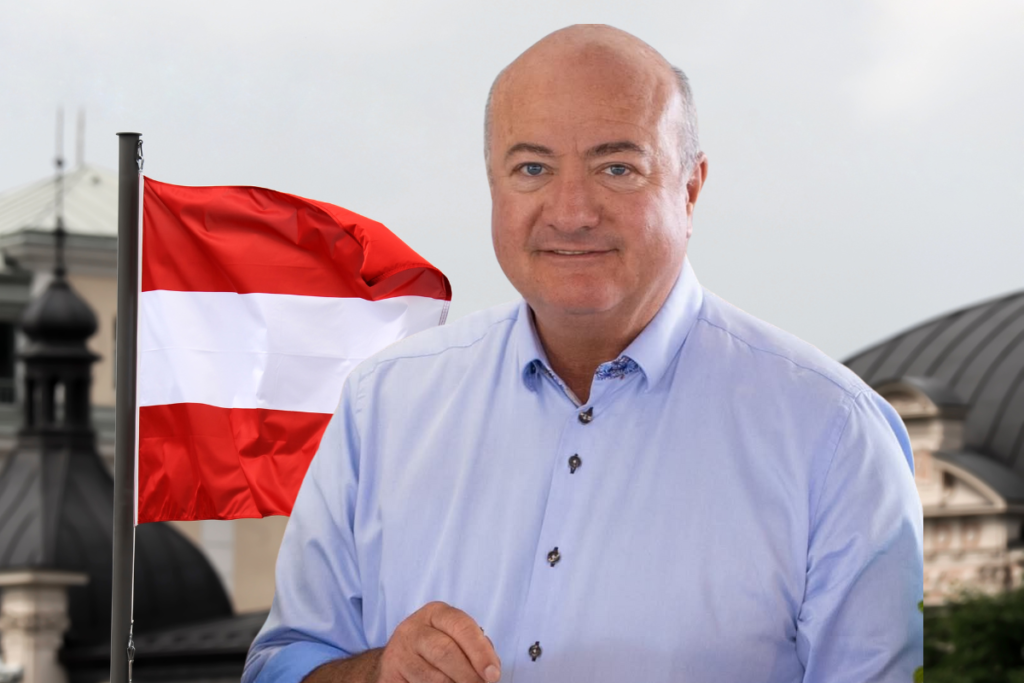In a strategic move to bolster the Philippines’ economic landscape, President Ferdinand “Bongbong” Marcos Jr. has directed government agencies to prioritize the development of the semiconductor and electronics industry.
During a meeting with the Private Sector Advisory Council-Education and Jobs Sector Group (PSAC-EJSG) on January 21, 2025, Marcos emphasized the sector’s significant contribution to the nation’s export income and its potential for further growth.
The semiconductor industry has long been a cornerstone of the Philippine economy, with semiconductors and integrated circuits comprising a substantial portion of exports. In 2023, these products accounted for $3.1 billion, or 23.3%, of the country’s total exports to the United States.
Recognizing this, President Marcos underscored the need to enhance the industry’s capabilities, stating, “We really should be focusing on it more. So, let’s do that now.” To achieve this, the President proposed providing targeted incentives to semiconductor companies, akin to those offered to other industries such as car manufacturing.
He highlighted the absence of specific incentives for the semiconductor sector under the current Corporate Recovery and Tax Incentives for Enterprises (CREATE) Act and suggested that adjustments could be made through implementing rules and regulations for swift execution.
The PSAC-EJSG responded by presenting a comprehensive roadmap for the semiconductor and electronics industry, outlining strategies for workforce development, technology transfer, and investment promotion. The council also recommended a review of the CREATE Act’s implementing rules to incorporate incentives tailored for the semiconductor sector, aligning with the President’s vision for rapid implementation.
This initiative aligns with ongoing efforts to strengthen collaboration between the Philippines and the United States in the semiconductor field. In December 2024, President Marcos met with John Neuffer, President and CEO of the U.S. Semiconductor Industry Association (SIA), to discuss potential partnerships.
Neuffer noted that the U.S. State Department is investing $500 million over five years to assist partner countries like the Philippines in developing talent for the semiconductor industry. The President’s directive comes at a time when global demand for semiconductors is surging, driven by advancements in technology and increased reliance on electronic devices.
By focusing on this sector, the Philippines aims to position itself as a key player in the global semiconductor supply chain, fostering economic growth and creating high-value employment opportunities.
As the government and private sector collaborate to implement these strategies, the Philippines stands poised to enhance its competitiveness in the semiconductor industry, leveraging existing strengths while addressing challenges to capitalize on emerging opportunities.



